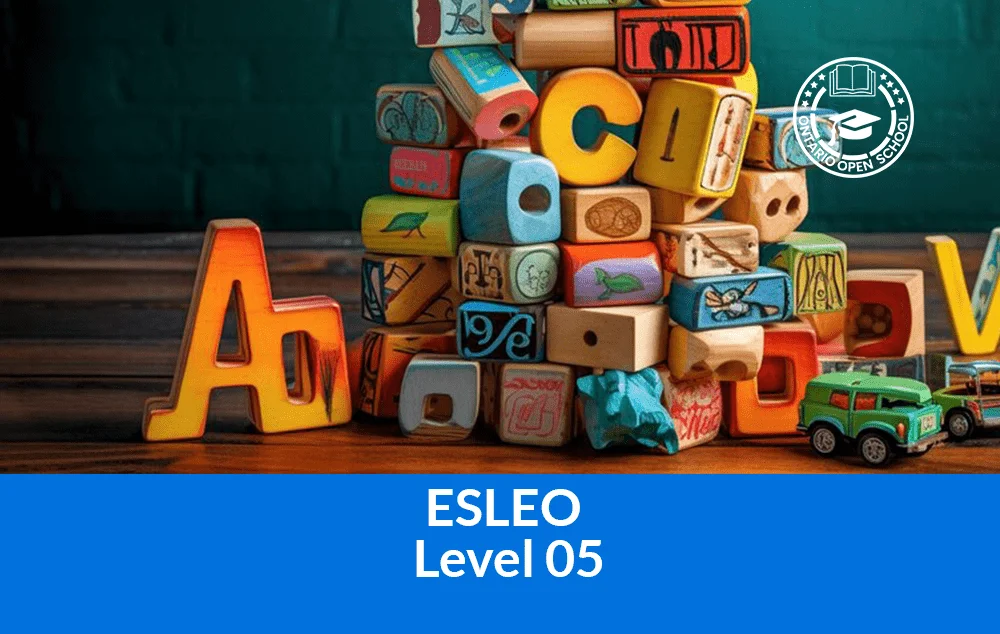English As a Second Language Level 5 – ESLEO (Tutoring)
Purpose
The primary purpose of assessment is to improve student learning. Assessment relates directly to the expectations for the course.
A variety of assessments for and as learning are conducted on a regular basis to allow ample opportunities for students to improve and ultimately demonstrate their full range of learning and for the teacher to gather information to provide feedback. Assessment tasks relate to the success criteria set out in lesson plans. Success criteria allow students to see what quality looks like.
Evaluation is the process of judging the quality of student work in relation to the achievement chart categories and criteria and assigning a percentage grade to represent that quality. Evaluation is based on gathering evidence of student achievement through:
Assessment for Learning – we provide feedback and coaching. Assessment FOR Learning is the process of seeking and interpreting evidence for the use of learners and their teachers to decide where the learners are in their learning, where they need to go, and how best to go there.
Assessment as Learning – we help students monitor progress, set goals, reflect on their learning
Assessment AS Learning is the process of the explicit fostering of students’ capacity over time to be their own best assessors, but teachers need to start by presenting and modeling external, structured opportunities for students to assess themselves.
Assessment of Learning – we use assessments to provide evaluative statements about student achievement. Assessment OF Learning is the assessment that becomes public and results in statements of symbols
(marks/grades/levels of achievement) about how well students are learning. It often contributes to pivotal decisions that will affect students’ future.
A variety of strategies are used to allow students many opportunities to attain the necessary skills for success in this course. The teacher uses a variety of whole class, small group and individual activities to facilitate learning. The following is a list of specific teaching/learning strategies that the teacher may use but is not limited to:
|
Course Specific |
Language |
Collaborative |
|
Direct teaching Teaching notes Work and tasks sheets Homework Independent reading Independent study Problem solving Information Analysis Research Portfolio Reflection Presentation Decision making Group Assignments Brainstorming Diagrams Problem-based learning Peer-evaluation Self-evaluation |
Oral presentation Class Discussion Small group discussion Teacher-student conferencing Peer-evaluation Personal response notes Reading and answering questions Socratic Dialogue |
Cooperative learning Peer-evaluation Brainstorming Group discussion Student-teacher conferencing |

Course Grade | ESL |
Course Code | ESLEO |
Course Category | English As a Second Language (ESL) |
Course Type | open |
Course Delivery | Online |
Course Duration | 8hrs |
Course Credit | 0 |